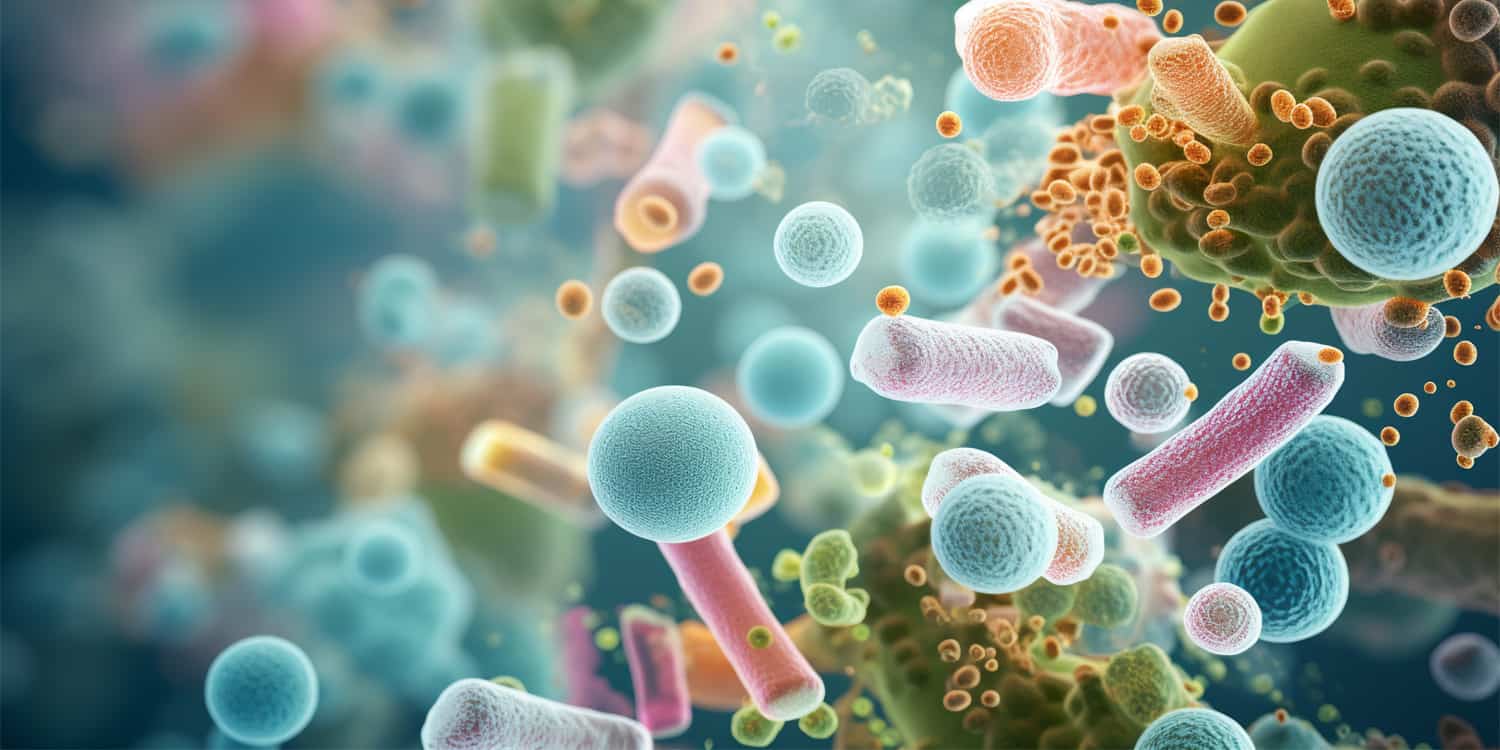Fitness
Exercise mitigates cognitive decline linked to gut microbiota disruption

A new study of rats with disrupted gut microbiota found that exercise mitigated the negative effects of this disruption on the capacity of the hippocampus region of the brain to produce new neurons. This protected them from cognitive impairments observed in rats with disrupted gut microbiota who led a sedentary lifestyle. The research was published in Translational Psychiatry.
Human brain cells – neurons – generally stop dividing shortly after birth. After this initial period, the brain continues to undergo changes through creating new links between neurons, but there is generally no creation of new neurons. There are, however, some exceptions.
The hippocampus, a region of the brain involved in memory formation and spatial navigation, retains the ability to generate new neurons. This is called adult hippocampal neurogenesis. Studies suggest that hippocampal adult neurogenesis may play a key role in learning, memory processes, and mood regulation.
Recent studies indicate that this ability of the hippocampus to create new neurons is also influenced by gut microbiota – the trillions of microorganisms living in the gut. This influence is achieved through the microbiota-gut-brain axis, a bidirectional pathway that allows gut microbiota to influence processes in the brain and vice versa.
Study author Sarah Nicolas and her colleagues note that previous studies have indicated that exercise enhances cognitive performance in rats. Previous research also showed that exercise can increase adult hippocampal neurogenesis in rats, i.e., improve the ability of their hippocampus regions to create new neurons. These researchers wanted to examine whether exercise can also ameliorate the potential negative effects the disruption of gut microbiota has on hippocampal neurogenesis.
They conducted a series of experiments on 9-week old Sprague-Dawley rats, a strain of rats often used in scientific research. Rats were kept in a 12h-12h light-dark cycle i.e., with lights turned on during one half of a day and turned off during the other. They had free access to food and water.
The researchers randomly divided the rats into two groups: a sedentary group and an exercise group. Each of these two groups was further subdivided into two subgroups: a group that would undergo antibiotic treatment (to destroy/disrupt their gut microbiota) and a group that would not.
The rats undergoing the antibiotic treatment received drinking water that contained dissolved antibiotics. The exercise group was housed in cages with free access to a running wheel, while the sedentary group lived in standard cages without running wheels. Researchers monitored the number of running wheel revolutions to ensure that the exercise group was engaging in physical activity as intended.
Three weeks after these treatments started, the rats completed a number of behavioral tests to assess their cognitive abilities. After this, researchers euthanized the rats and analyzed their tissue to assess hippocampal neurogenesis.
The results showed that disruption of the gut microbiota using antibiotics did not change the rats’ body weight nor their running activity. However, it did induce low-grade peripheral inflammation. The metabolism of the hippocampus was not affected by the disruption in gut microbiota.
However, rats with disrupted microbiota who also led a sedentary lifestyle performed worse on behavioral tests designed to assess cognitive performance and exhibited more anxiety-like behaviors compared to rats with intact gut microbiota. Exercise mitigated these adverse changes, as they were not present in rats with disrupted microbiota who exercised.
Gut microbiota disruption reduced hippocampal neurogenesis, but this effect was attenuated in the group that exercised. By examining specific biochemical compounds associated with these changes, the researchers identified the level of expression of ethyl 2-(4-oxo-4,5-dihydro-1,3-thiazol-2-yl) acetate as being associated with most of the observed changes.
“We observed that exercise partially reversed behavioral and neurogenic changes induced by gut microbiota disruption and that these impairments occurred without significant changes in the hippocampal metabolome [a set of compounds indicative of the metabolic activity of the hippocampus), despite drastic shifts in the caecal metabolome [the metabolites present in the caecum, a pouch-like structure at the junction of the small and large intestines].”
“Taken together, these data highlight the importance of the gut microbiota in AHN-dependent behaviors [behaviors that depend on adult hippocampal neurogenesis] and demonstrate the power of lifestyle factors such as voluntary exercise to attenuate these changes,” the study authors concluded.
The study sheds light on the effects of exercise on preserving adult hippocampal neurogenesis. However, this study was conducted on rats. Although rats and humans share many physiological similarities, they are still very different species. The effects on humans might not be identical.
The paper, “Exercise mitigates a gut microbiota-mediated reduction in adult hippocampal neurogenesis and associated behaviours in rats,” was authored by Sarah Nicolas, Sebastian Dohm-Hansen, Aonghus Lavelle, Thomaz F. S. Bastiaanssen, Jane A. English, John F. Cryan, and Yvonne M. Nolan.


)






